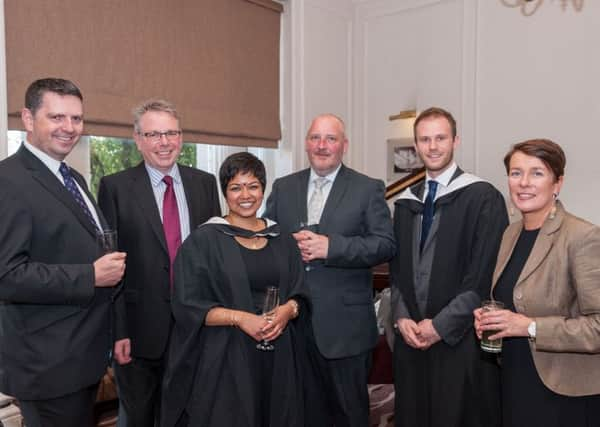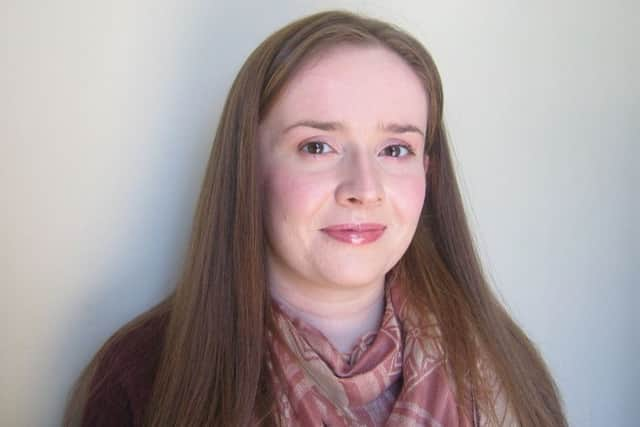Fionnuala Cousins: Collaboration is probably the most important word in modern academia


Collaboration is a key word in modern academia, and rightly so. Problems are interdisciplinary; we need to work together. Problems manifest in the real world; we need to work with the real world. And there’s the challenge. While the extremes of the ivory tower are rare, it is still a barrier. Most academics spend most, if not all of their working life, in the academy. We can’t always remember what it’s like to stand in corporate shoes, facing corporate priorities and pressures. Further, however little we remember the corporate world, it’s probably even less familiar with ours. So when we try to work together, it’s hard to anticipate where our understanding might diverge.
To generalise wildly, the academic culture is not one of meeting actions, risk mitigation, project controls and the Pareto Principle. It takes its time to get it right. ‘Good enough’ isn’t good enough. But the challenges of corporate life mean that progress can be as important as quality. If no one in the room can anticipate the impact of these two different cultures, shared objectives will not be met.
Advertisement
Hide AdAdvertisement
Hide AdAn academic leaves a meeting thinking “what a thought-provoking conversation”. Their corporate partner leaves the same meeting thinking “they’ll get a draft to me by Friday and I’ll get in before the budgets are finalised.” That draft isn’t coming.


Countless discussions come to nothing because it doesn’t occur to either side to ensure that their understanding is shared. No one anticipated the divergence. There was no translator. No one to take you aside and say ‘that’s important to them because…’, ‘to paraphrase, what they said means…’, ‘it might resonate more if you say…’.
Universities are doing a lot to bring students into the workplace and practitioners into the classroom. What we also need is more people crossing the divide in their own career paths, coming to understand how the cultures differ and thus, how to help them work together. Whether it’s secondments, career changes, action research, alternative recruitment drives, whatever; we need to create people who can be effective in both cultures. Neither need change its culture but they need to understand each other.
As we progress as a service, information and knowledge economy, UK Plc needs productive engagement between the two cultures. We have an increasingly mobile workforce in need of continuous professional development that traditional Bachelors programmes can’t provide. We have emerging professions that can’t recruit because the academy isn’t producing graduates yet. We have entrepreneurs creating opportunities and facing challenges that academia would love to work on, if only we can ‘get’ each other.
At RGU we’ve just finished a course development project which had an unprecedented level of industry engagement – a Graduate Certificate Petroleum Data Management, developed with funding and ongoing support from Common Data Access Ltd (CDA), a wholly owned subsidiary of Oil & Gas UK, the UK’s de facto professional body in this field. The course was specifically designed for the global energy sector. I can confidently say that were it not for a small number of people with the experience necessary to bridge the cultural divide, this project would have been much less successful. The course would have been a year late. The industry wouldn’t have fully endorsed it and the students wouldn’t have enrolled on it in the numbers we’ve had. It’s also very possible that the partnership would have soured; not through a lack of willingness but through misunderstandings, assumptions, misinterpretations.


As is, our stakeholders are happy, our first graduates are happy (to have finished!) and the university is asking for more of the same, please. So, let’s talk.
Fionnuala Cousins is a lecturer at Robert Gordon University and course leader for the Petroleum Data Management Graduate Certificate